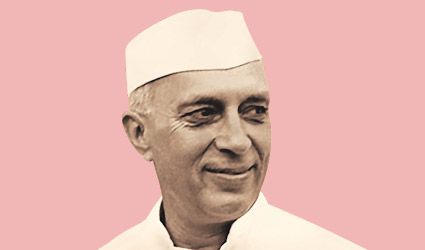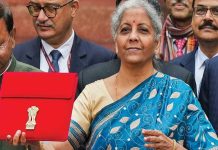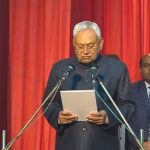India’s first and longest serving Prime Minister, Pandit Jawaharlal Nehru, was a man of vision. Having participated in the long struggle for freedom from the British, Nehru, fondly called Pandit Nehru, a reference to his Kashmiri Pandit community roots, was a firm believer in nation building, as he understood that the young Indian nation had a tryst with destiny.
A foreign-educated barrister and a close confidante of Mahatma Gandhi, he came as close as anyone has, or ever will, to becoming the People’s Prince. He was Mahatma Gandhi’s chosen political heir, and free India’s first elected Prime Minister. After the death of Vallabhbhai Patel in 1950, he towered amongst his colleagues in the Congress. His vision of an India fired by educational institutions, steel plants and powered by dams, was widely shared.
He was seen as a brave man, who fought chauvinists; as a selfless man, who had endured years in jail to win freedom; and above all as a visionary. His appeal cut across the conventionally opposed categories of low caste and high caste and was undoubtedly, the darling of the masses.
Nehru realised that the country, cobbled together from a loose confederation of princely states, that both owed their allegiance to the British as well as opposed them, needed to work hard to unleash its potential and energy into a nationalised channel that would help build India as a truly democratic nation where every citizen matters.










